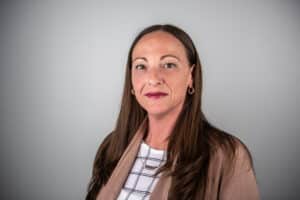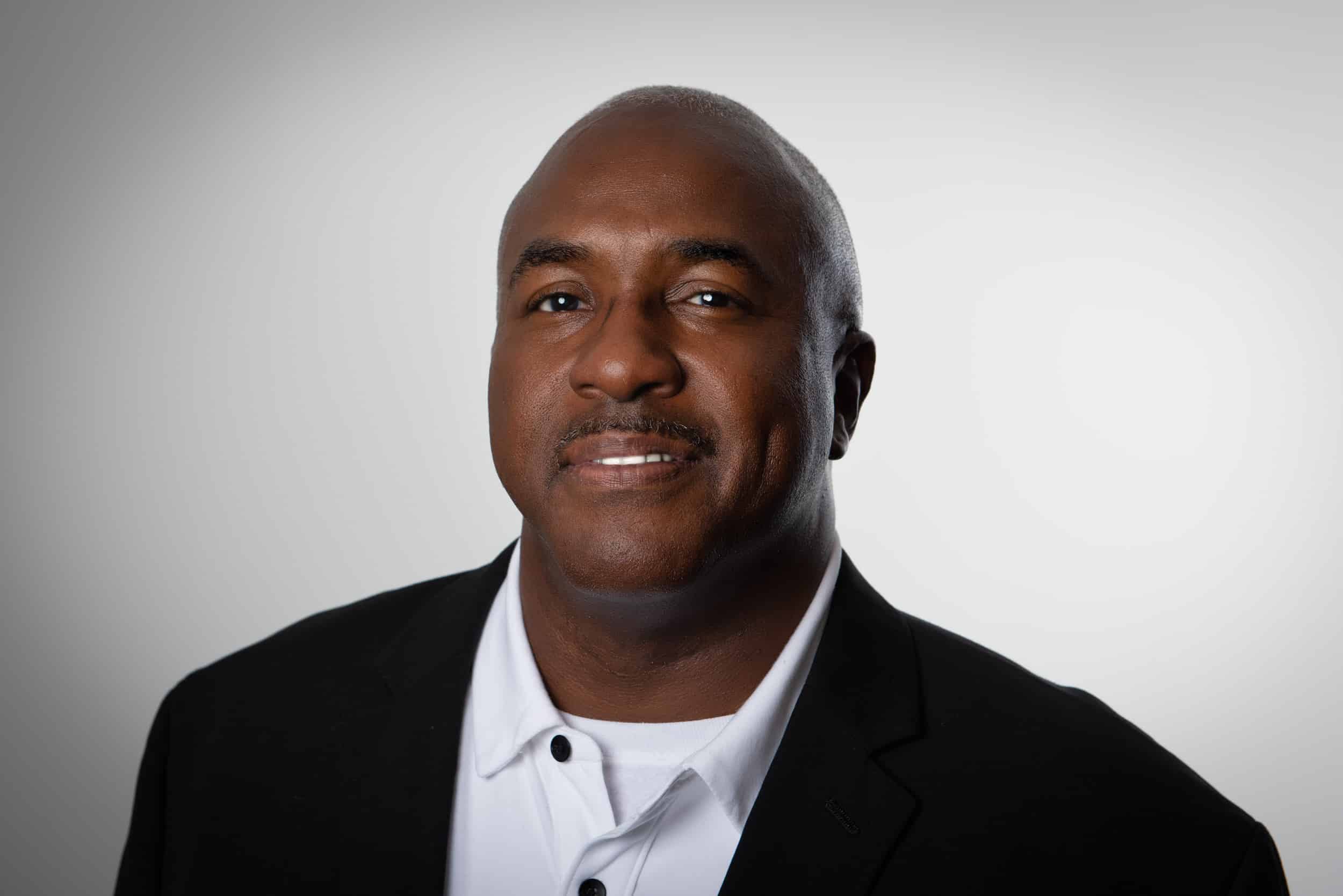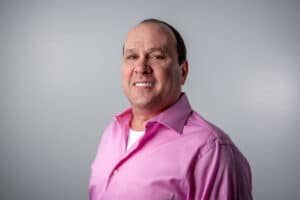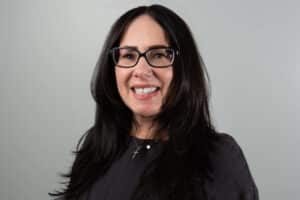Paul was born and raised in Queens NY. After high school Paul attended and received his BS in Management from York College and his MBA in Marketing from Baruch College in Manhattan.
Paul spent many years on Wall Street and in the financial marketplace. Eventually his financial career was curtailed by life struggles and addictions.
As an Ordained Pastor he takes great pride in his spirituality,his love for others and his ability to communicate and connect with others. Paul is currently pursuing his CADC.
Paul is a huge believer in Outreach. He continues to work in various treatment facilities and carries the message of recovery to churches, prisons, and shelters. Paul lives by the phrase ” I’m not the brightest guy in the world but I understand LOVE






